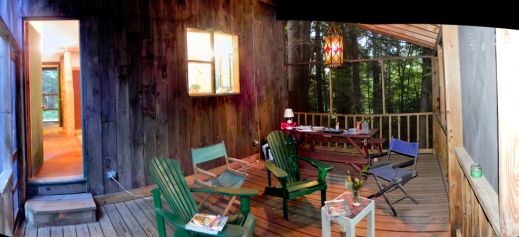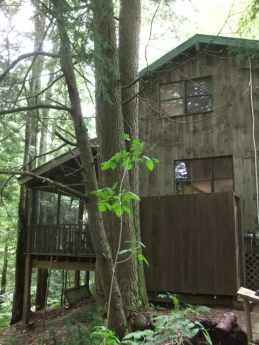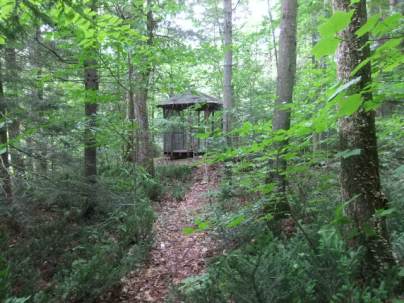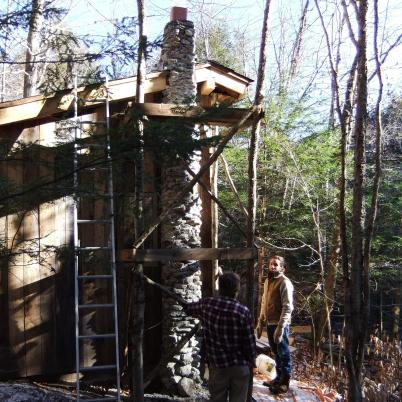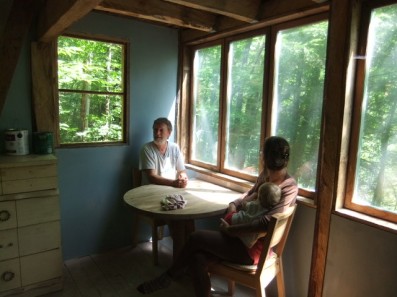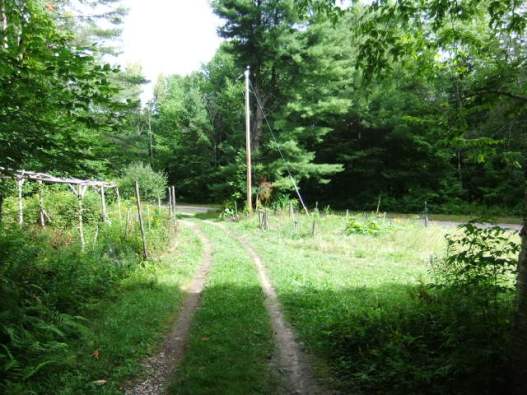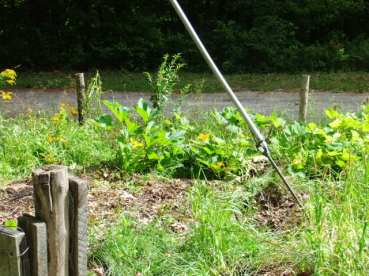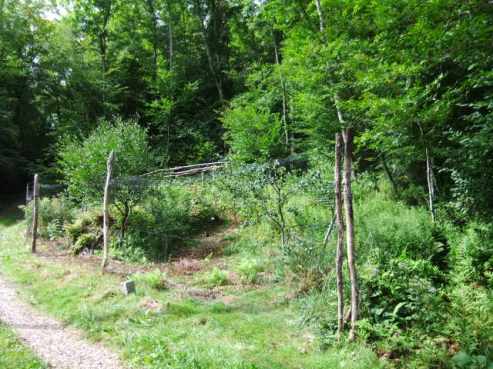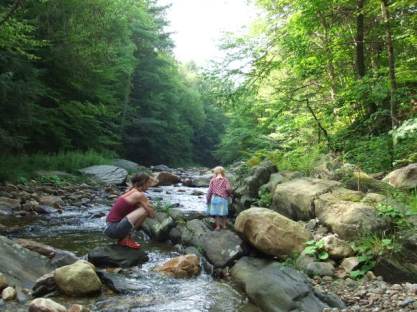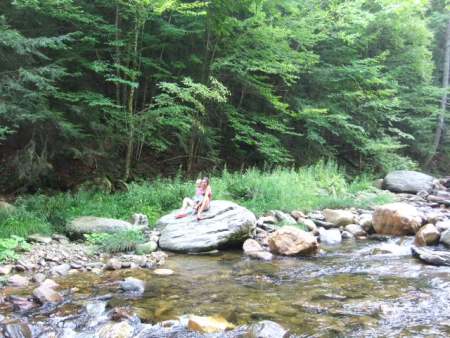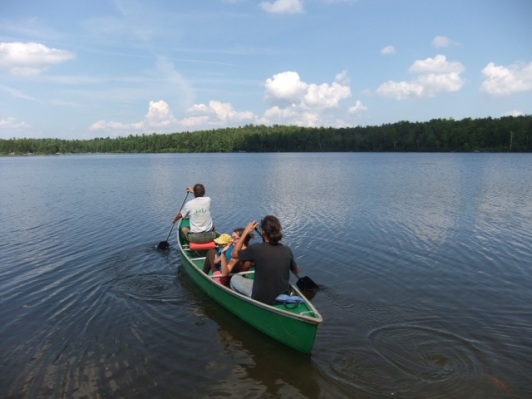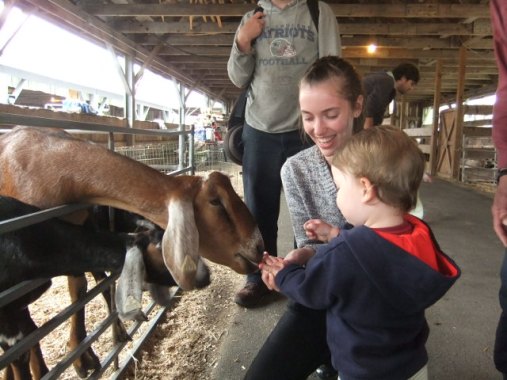
About ten years ago, my eldest daughter, Anna, produced a “zine” about her thoughts on money and her life. I am reproducing it here for this month’s “Spirit of the Poor” discussion. I will convey any comments to Anna that come my way.
A note from me:
I originally wrote this as a letter to some friends and family but decided to distribute it more widely in zine form because
1) I noticed a lack of zines about race and class at the Boston Zine Library and
2) 2) I love to make easy projects into major summer endeavors.
Enjoy this zine! Write your own and send it to me! And please be in touch
Xo anna
Dear Friends and Family,
I’ve wanted to write to you all for some time now to share with you some of my ideas and ponderings about money and privilege. I realize as I get older how important family and friends are and want to continue to build my relationships with al of you (even folks I haven’t spoken to in years!). What I’m hoping for, as much as to update you on my life, is to hear your thoughts and responses. I know many of you have spent more time than me thinking about and making decisions based on this touch and taboo subject and I am hopeful and eager to begin ongoing dialogs with any of you who are interested. Also, if you just want to write back and say hi I’d love that too.
I am going to begin by setting the stage: giving you a little overview of who I am, where I come from, and a few of the events that have impacted me and decisions that I have made in the past few years.
Then I will reflect a bit on privilege and social justice work.
Finally, in typical Anna fashion, I’ll put out a billion questions and a few conclusions (which will probably even change as I write this letter).
I grew up in Cambridge, MA, known as one of the countries most liberal, “multicultural”, and di verse cities. I grew up around kids from many different ethnicities, races and class backgrounds. This, of course, along with the multi-cultural murals throughout my town, lead me to believe that in Cambridge everyone was equal, and that I did not benefit from a racist system nor did I possess any internalized racism. (I like to think about internalized racism and classism as the ways in which our (my) very culture as people with privilege is steeped in assumptions of superiority.)
I even went so far as to believe that I had experienced racism because, being a white kid in an often majority people of color school setting, I had often experienced prejudice against me because of my white skin, (this is often referred to as reverse racism). In addition, I grew up believing my family was on the lower end of the economic spectrum because my parents were musicians, and had little yearly income, spent money thriftily, and did not value material things or wealth.
My experiences leaving home and attending three different private institutions: first Idyllwild Arts Academy and then Smith and Oberlin Colleges, opened my eyes to the race and class privilege I had grown up with and never recognized. At Oberlin I remember crying at the financial aid office when they told me I was un-eligible for any aid. I only really realized my family had money when, later that afternoon, my dad told me on the phone, (and he had been telling me this since high school), “Anna, don’t worry about it, we’ll figure out a way to pay for it.” My family had always made it clear to me that taking out big loans was not a necessity. Most cannot afford to pay $25,000/year for college without going into extreme debt. At the same time, my professors and fellow classmates, specifically classes taught by and attended by people of color at Oberlin in the African-American studies and Women’s Studies departments, made me realize, that no one is exempt from engaging in, experiencing or benefiting from racism.
And in fact, that race is inextricably linked to class mobility in this country.
I began to look into the money my family had. It was very confusing to me as I’d grown up thinking not only that we didn’t have much money but also that money (and people with money) were pretty much no good. Here’ what I found out. My mother’s parents were first generation Jewish immigrants from Eastern Europe. After growing up in a working class Jewish neighborhood in Brooklyn, my grandfather entered the army in WW2 and, upon discharge, benefited from the GI bill, which eventually lead him to become head of the biology department at U.C. Santa Barbara.
My father’s family, since their early migration to the US from Western Europe, were small farmers in the mid-west (and later California). My dad’s dad also benefited from the GI bill, went back to school and became an engineer, moved to an all white suburb outside of LA, and became middle class.
Later on, my grandparents inherited a bunch of stock from my great great-aunt who had married a man who started an electric company, which eventually “went public” meaning entered the stock market. The stock my grandparents inherited has now been passed down and divided among my dad’s entire family (including to my sister and I). Both sets of my grandparent’s experiences huge class mobility within their life times.
As a result; my parents both having PhD’s, all of our family friends are will educated and upward from middle class, my family owns a house worth $500,000 in Cambridge, and thus far I have inherited a bout $120,000.
These resources give me access to an unlimited amount of money, jobs, loans, grants and connections. And all of this access and money is available to me, in large part, because my family and I are white and live in a world where w are systematically rewarded simply for having white skin, a “white” way of speaking, “white” mannerisms and “white” interests.
It is not easy for a 19 year old who grew up believing money was evil to figure out what to do with $70,000. I realized that ignoring the money, something many young folks are told to do, was a privilege and that in fact the very idea that money is evil is a privilege I could afford to have because I grew up with a sense of economic security.
Most of the money I had was in stocks. Thankfully, I met an awesome person named Donna who ran a socially responsible investment business (Rainbow Solutions) to talk through my options with. Through my discussions with her I realized that my most basic beliefs and values would not allow me to conscientiously participate in the stock market at all.
Donna told me about alternative to Socially Responsible investment like share holder activisms and community investment. I decided that using the money for “community investment” would make the most sense to me. When the question of interest rates came p (there was a option of choosing a 5%, 2%, or 0%) I decided that for me to charge any interest and thereby make money off of low income folks merely because I had money to start with was totally out of line and for lack of better words, (messed) up.
In the end I looked around and saw that my own community needed investing in. My friend was in considerable debt from a high interest student loan. Loan companies have started targeting low- income families like hers with children looking to go to college offering them huge loans at exorbitant interest rates that leave folks paying off debt 30 years after graduating. I approached her about the loan and after much discussion we wrote up, signed, and notarized an agreement for me to loan her the money to pay off her debt at 0-% interest rate. She is now putting money into a bank account at whatever amount/month she works out with the intention of paying the loan back in 10 years.
So on to the activism…
Since entering college I have been engaged in a lot of activism around foreign policy, global economics, and labor rights. For most of that time I worked mainly with other privileged students and adults to support movements in Latin America, to pressure congress about international policy, to support strikes, to organize protests against war and free trade. We talked of the oppressed and the oppressors and fought desperately to place ourselves on the side of the oppressed.
It was a rarely spoken truth that most of us were rich and white, and when this was spoken it was with a sense of guilt, shame or failure. Differences between us, when there were class or race differences, were never talked about. Even in groups where fighting racism, classism and sexism were integral to the mission of the work, we were so action oriented that we were always to busy organizing other people to sit down and talk about our own race, class and gender experiences.
At some point I began attending “antioppression” tranings (trainings developed by activists for activists for activists about recognizing oppression and privilege within the movements we were a part of.) These trainings helped me realize that my identity as a rich white girl could not be separated from my activism but instead must inform and shape my acitivism (and all aspects of my life.) The message I got was that change needs to happen not just in oppressed communities but also in all communities including my own, and that I am best equipped to change my own community.
So, my community … who/what is my community? I consider you all to be party of my many communities. You are my family, biological or chosen. The young college bound or college graduates. Radical dropouts, (or folks that talked about dropping out but never did). Hippies and punks. Artists. Queer folks. White people from urban areas. People with money who aren’t proud of it. Gentrifiers who know they are gentrifiers.
And what issues do we struggle with? Well, shit, I can’t speak for you all, but here THIS is what I struggle with. Guilt. Internalized racism and chlassism that won’t leave me alone. The looming question of what to do with mhy money (and my life.) Being part of a dominating culture of silence, avoiding conflict, keeping order, and repressing emotions. Depression.
In June 2004, (a year ago), I stopped working t Jobs with Justice. I needed a breath of air from the activist world; time to really think about my class, race and gender and how from my life and experiences, to be most effective at creating change in the world. I started talking to folks from an organization called Resource Generation; a group that works with young people who self identify as privileged to help mobilize their resources and address issues that come up in communities of wealth. I am currently helping to organize an annual conference called Making Money Make Change. The conference will bring together 60 young people with wealth to talk about privilege, money, and how to better engage in and be an ally in the movement for social justice.
In this work and in every aspect of my life I continue to struggle with many questions. Some questions I have found at least temporarily satisfactory answers to, and others remain too complicated to even attempt to solve. The following are some of the conclusions I have come to. Please feel free to challenge them and be challenged by them.
CONCLUSIONS?
1. I think that for people with privilege, socially responsible investment, if that is the end result of what you choose to do with an excess of money, is an easy way to be a capitalist and feel you are doing good in the world without actually re-distributing any wealth.
2. I think that as people with privilege, it is our responsibility to challenge the notion of interest: Why do we expect that if we have money we should be able to make more money off of it? Isn’t it just a recipe for widening the wealth gap?
3. Finally, while I do think that giving away money is an extremely important part of being an activist with wealth, it also feels like just a tiny contribution to the movement for social justice, after all, many of us got this money in not so nice ways, re-distributing it is the least we can do.
And then there are those questions, perhaps the bigger questions that continue to buzz through my head.
When and how do I give away the money I have?
How can I give away money without gaining more power for myself in the process simply by choosing how and who to fund?
What would being a real ally look like?
How can I balance being a responsible person and being engaged in activities I love?
How can I best use my resources to make change? Is it by giving away all my money and working like everyone else? Getting a degree/profession to use? Being a full time un-paid activist and living off my wealth?
I want to know about decisions you have made based on money and privilege, jobs, life style, organizing and who those were/are influenced or based on your class or race (or gender). I respect each and every one of you and am excited to hear your thoughts, responses, stories and anything else you want to share.
For now, these are the things I plan on doing; I am going to create a giving plan to strategically give away all the money I have inherited. I am going to practice real solidarity by engaging in local struggles. I will be upfront and honest about who I am. I will try to see all situations and interactions with a race, class and gender analysis. I will continue organizing in communities of privilege. I will continue to talk about and work out my own internalized racism and classism. I will work to recognize and stop the cultural appropriation and the tokenization of people of color and poor folks. I will stop feeling guilty for the privilege I was born with that I can’t give away, take back or reverse.
Whew, I think that’s it 🙂 thanks for reading this absurdly long essay/letter/zine! Please take your time writing back! No pressure. And again, if you just want to write and say hi, that’s totally wonderful for me.
Much love to all of you
Anna Hendricks
Ricardo Esquivia Ballestas, the Executive Director of Sembrandopaz, said:














![10264136IwkhOvDSZo_ph[1]](https://newellhendricks.files.wordpress.com/2014/08/10264136iwkhovdszo_ph1.jpg?w=447&h=306)
![3889346FlsGqGxcjq_ph[1]](https://newellhendricks.files.wordpress.com/2014/08/3889346flsgqgxcjq_ph1.jpg?w=419&h=314)
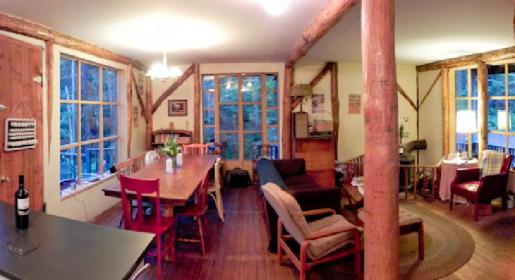

![3889349EdsWEvWkkL_ph[1]](https://newellhendricks.files.wordpress.com/2014/08/3889349edswevwkkl_ph1.jpg?w=379&h=284)
